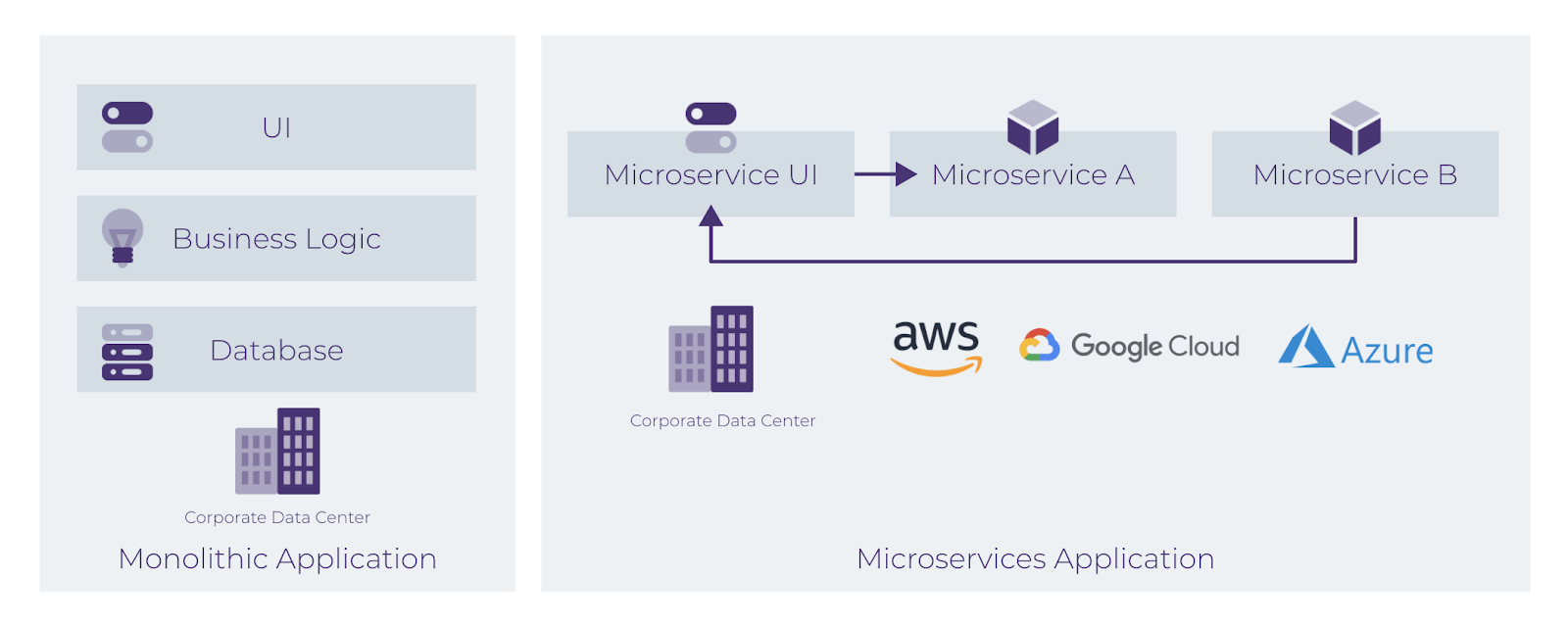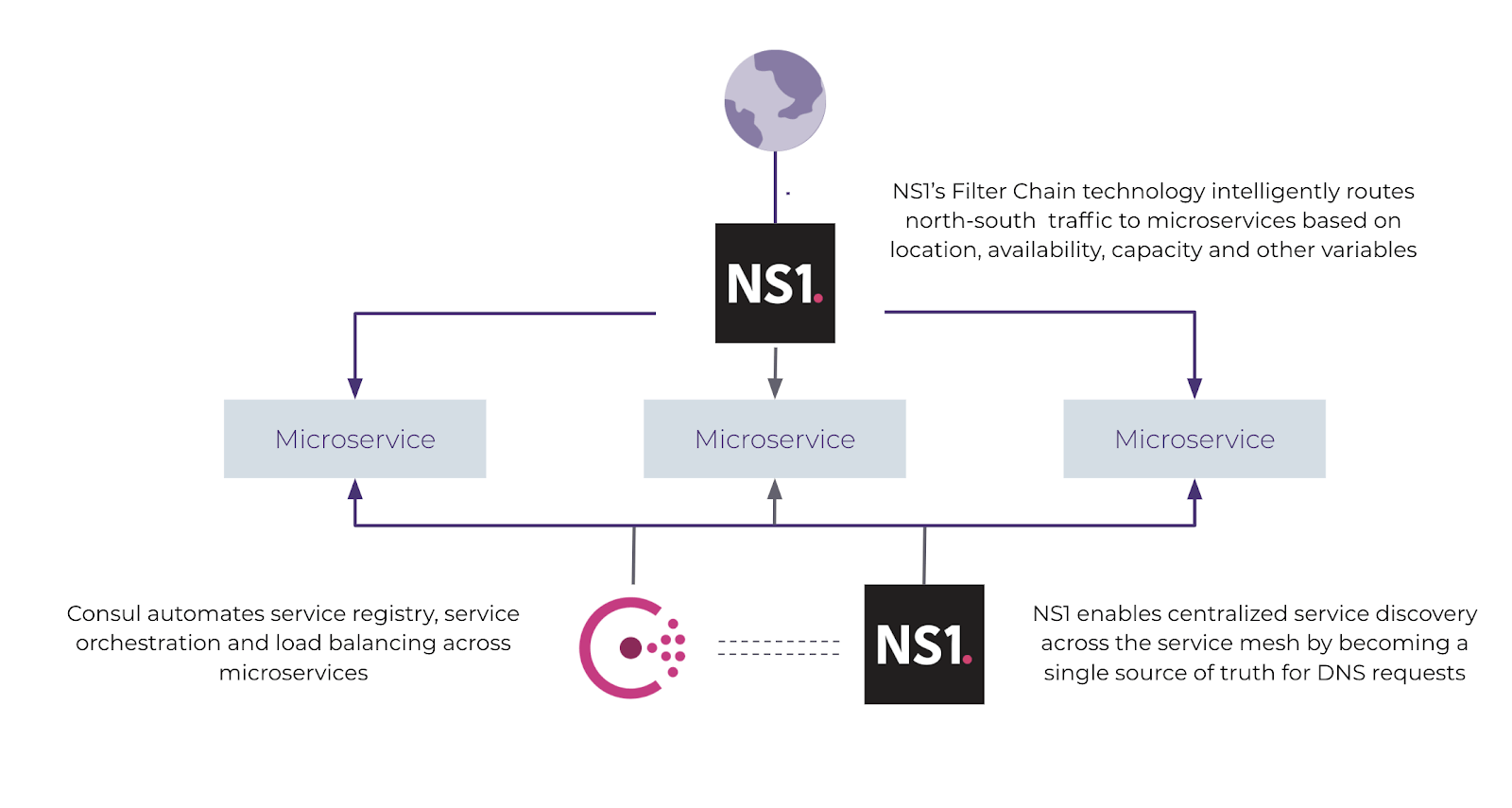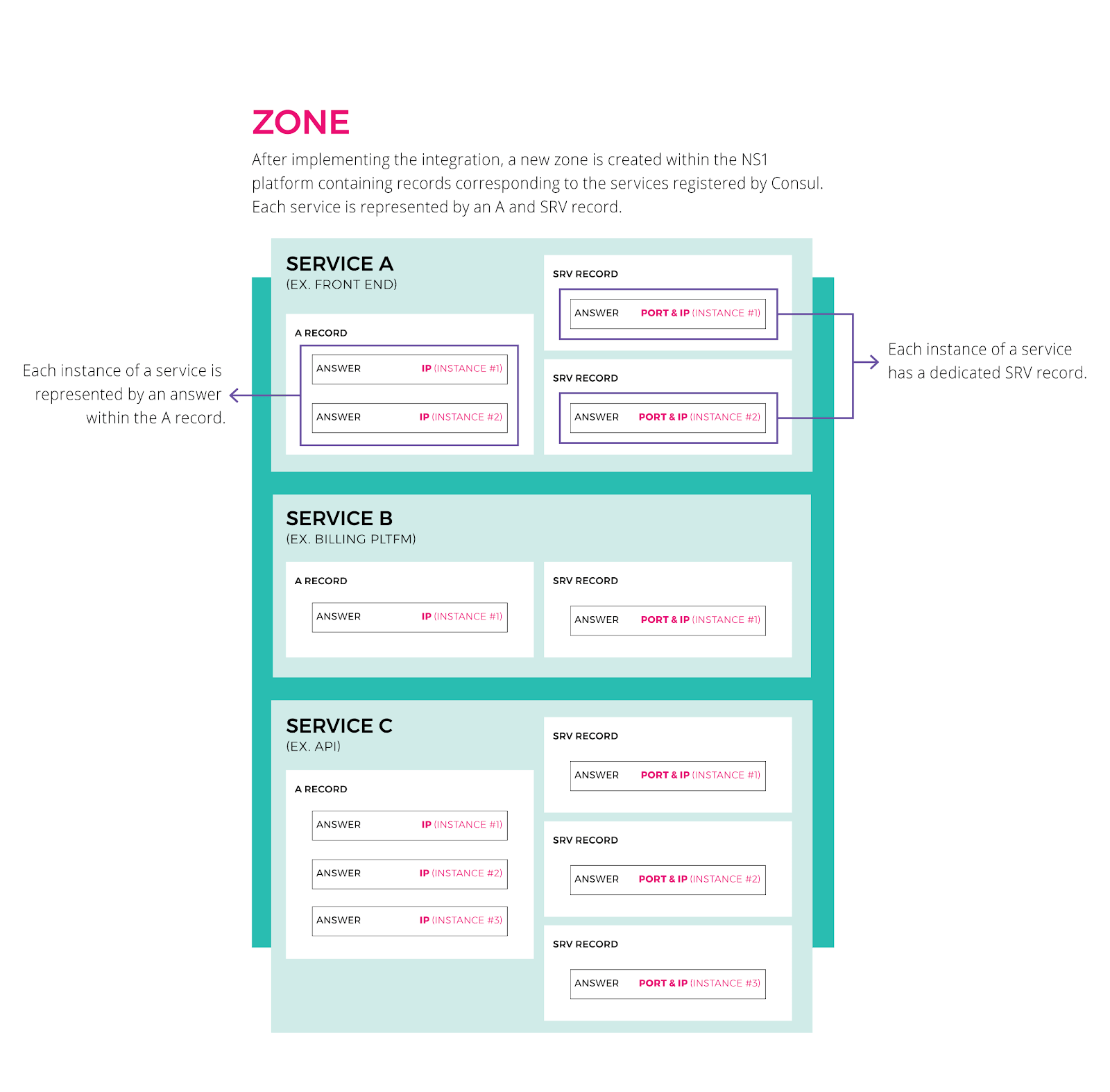The shelter-in-place policies to battle the ongoing crisis have made me appreciate the modern, mobile technologies that allow us to stay connected with friends and family, conduct business and stream news and entertainment. As I listen to my favorite Pandora podcast on my phone or follow the markets on Bloomberg, I am struck by how cloud technologies have accelerated the ability of organizations to reliably and scalably develop, deploy and deliver internet based applications and services to millions of users across the world. A major contributing factor to this is the shift from monolithic, static, data-center based application development and delivery to distributed, dynamic, cloud-delivered microservices.
Cloud-forward application delivery teams are adopting microservices based architectures to rapidly deploy, continuously update and dynamically scale their applications in a highly distributed manner across multiple deployment platforms. While microservices-based architectures enable elasticity, high availability and automation, realizing these benefits depends on sophisticated application networking infrastructure to ensure reliable and performant interactions between the different components of an application as well as access from the internet to provide the best digital experience for end users. To be truly effective, the modern application network should lend itself to automation, enable multi-cloud deployments and support dynamic deployment of services.
Traditional network and application infrastructure paradigms that work for static, monolithic applications do not lend themselves well to the automation and dynamism demanded by microservices architectures.
While microservice architectures promote high-availability and dynamic scaling, there are certain challenges that arise from the higher volume of traffic flowing between services. In a monolithic system, subsystems are directly connected to each other and can pass data quickly and securely, whereas distributed architectures introduce a level of infrastructural complexity and latency. Often, a service may need to request data from other services within the application in order to perform its unique function.

HashiCorp and NS1 together empower application developers and DevOps teams with the tools to implement next generation application networks for the cloud-era.
HashiCorp Consul is a service networking tool that connects and secures services across any runtime platform and public or private cloud. NS1 provides an advanced, cloud-scale, API-driven DNS and traffic management solution that ensures resilient, performant and intelligently managed access to applications, wherever they are.
HashiCorp Consul and NS1’s DNS solutions work together to automatically discover, connect and register services as they are dynamically provisioned to enable application administrators to efficiently manage traffic flows across services and users.
Intelligent DNS a Critical Tool in the DevOps Playbook
Here’s how it works: When an application endpoint—a VM, bare metal server, or container—is created or removed on the network, a local Consul client registers available services with the Consul server. NS1’s platform queries the Consul services (including all instances of the service) to identify when a service is created or removed and automatically creates the appropriate DNS records.
Consul provides service discovery and service mesh to locate services and securely connect them across any runtime platform. While Consul dynamically orchestrates traffic between different service components of an application, the integration with NS1 creates a backup registry within the NS1 portal, supporting service discovery via DNS. This results in three benefits:
- Single source of all DNS entries for service discovery: Since NS1’s platform is aware of all the services managed by Consul, it can manage all DNS entries and enable service discovery for both regular north-south internet traffic flows as well as east-west traffic flows between microservices.
- Optimized traffic management across the service mesh: NS1’s powerful, point-and-click Filter Chain™ policy engine can be used to easily implement complex algorithms to manage both north-south internet traffic flows as well as east-west service to service communication to seamlessly deliver the applications to users.
- Improved Performance: NS1 can respond quickly to DNS queries without having to delegate to Consul and incur additional latency as an extra lookup is required.


NS1 is the first and only Enterprise DDI vendor to integrate with HashiCorp Consul to provide a centralized view of microservices deployments and advanced traffic management capabilities while dramatically reducing management complexity, thereby helping applications teams accelerate adoption of dynamic application delivery technologies and microservices architectures.
More details can be found here.